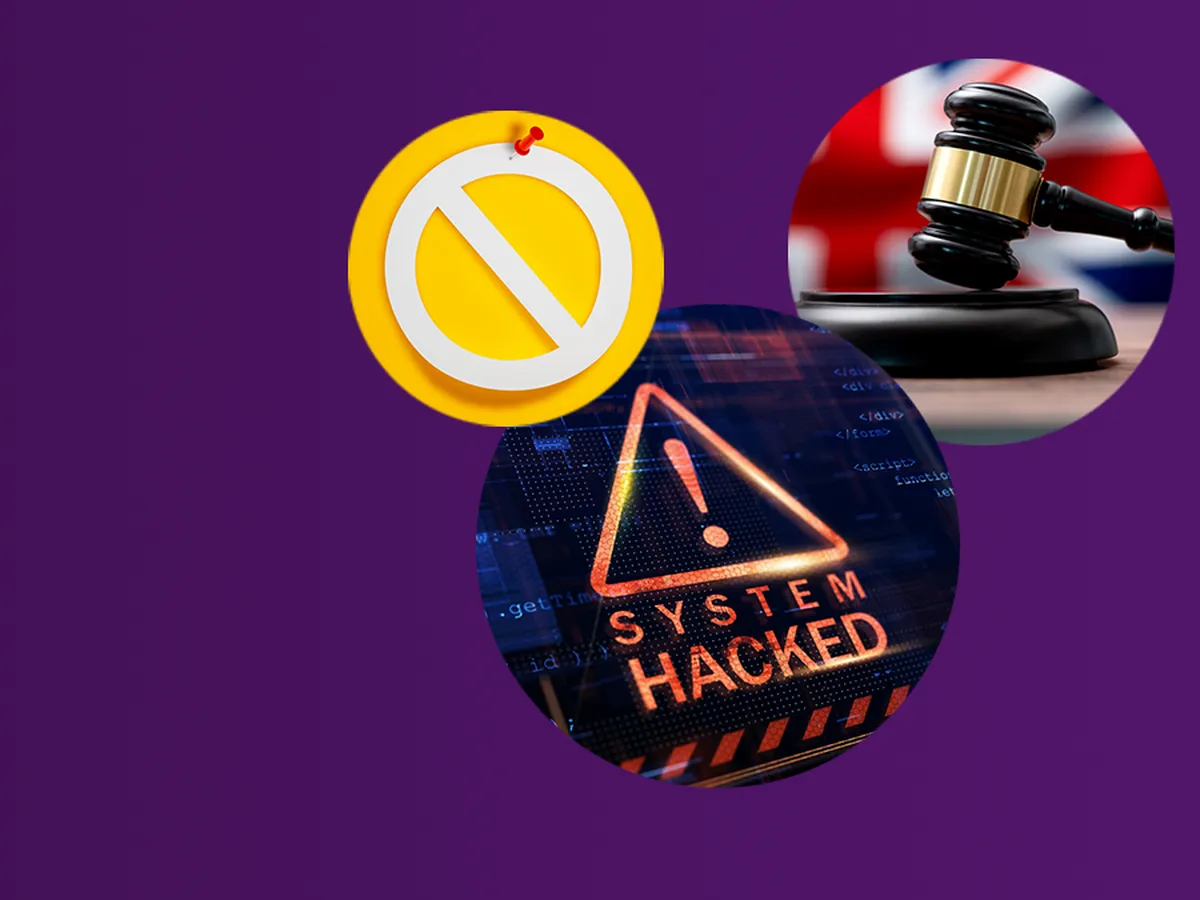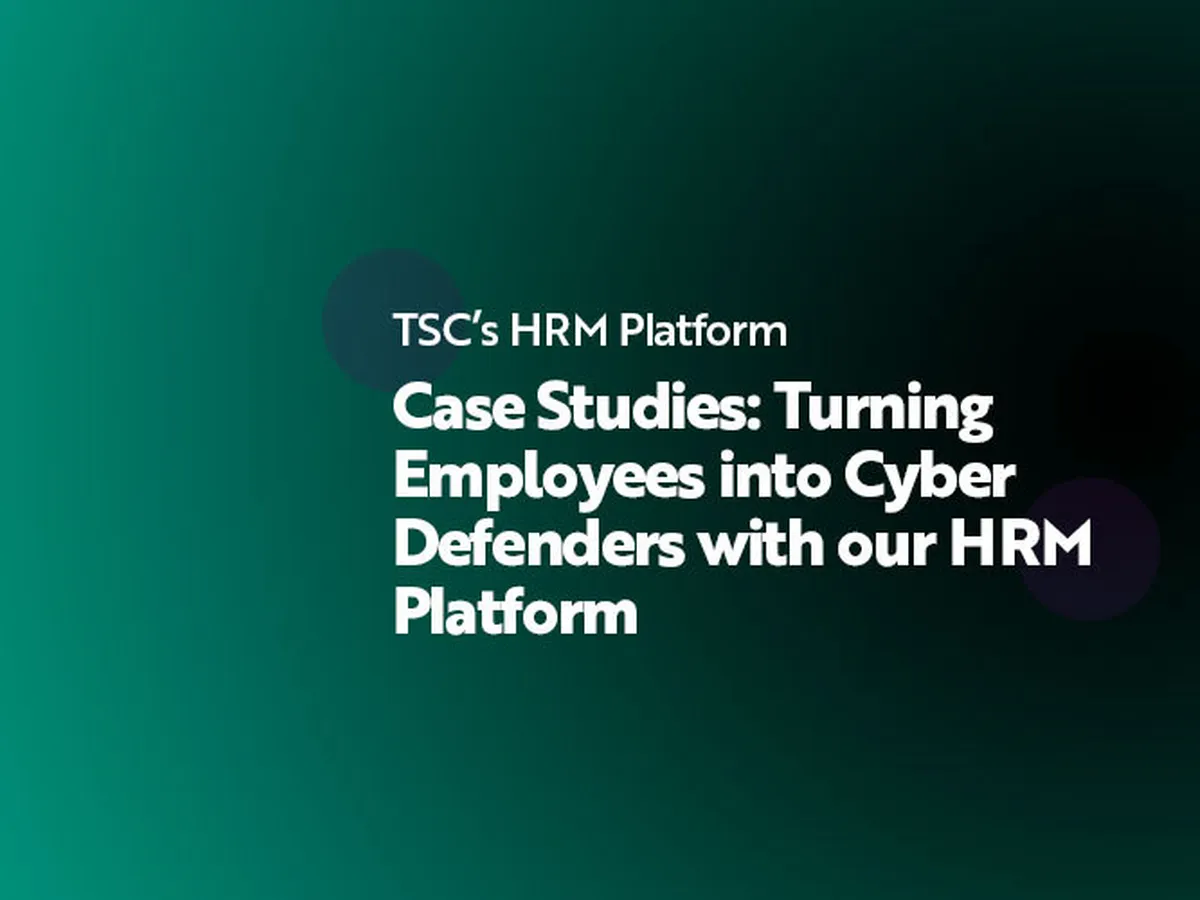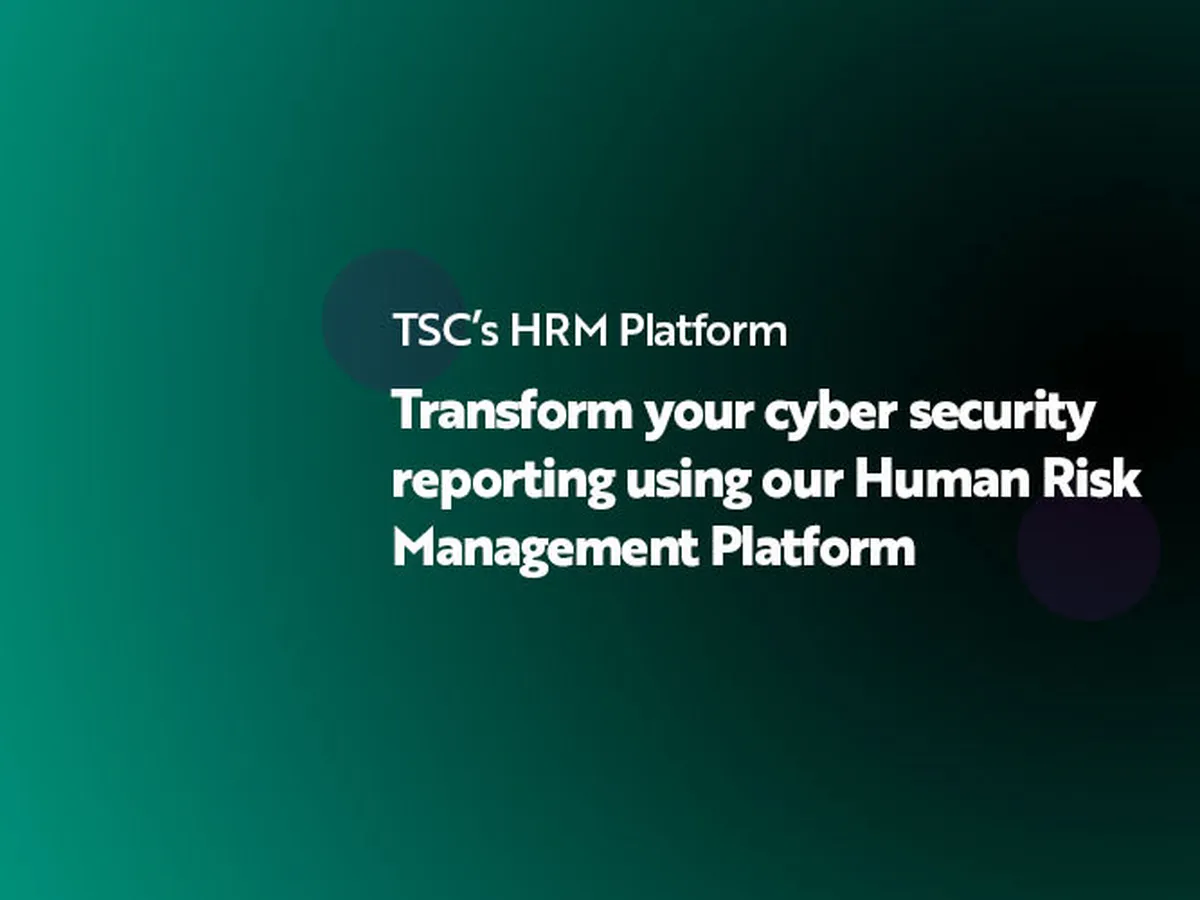
- Ransomware
- 8 min read
UK Gov plans to ban ransomware payments: everything you need to know
As the UK government consults on a potential ban on ransomware payments, we detail which organisations need to take notice, how and why.








© The Security Company (International) Limited 2025
Office One, 1 Coldbath Square, London, EC1R 5HL, UK
Company registration No: 3703393
VAT No: 385 8337 51


